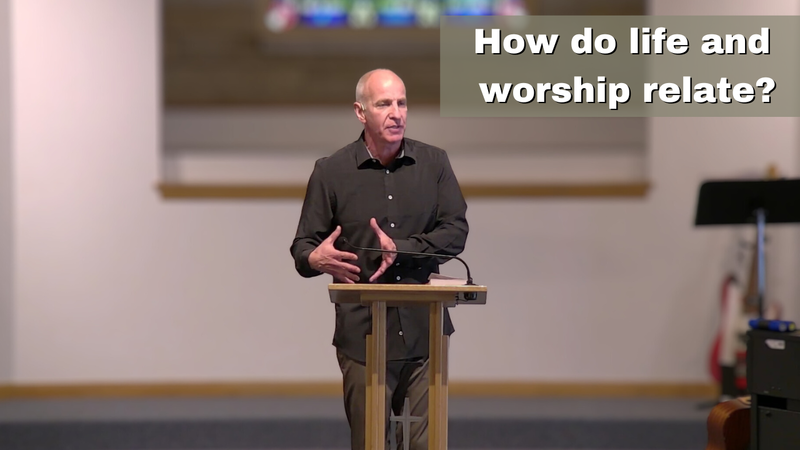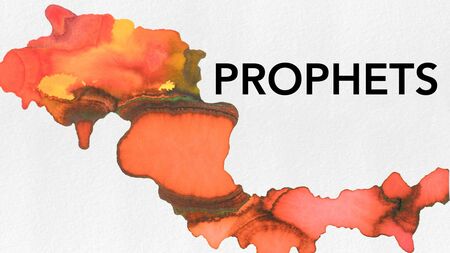
What if the worship songs we sing on Sunday morning mean nothing to God? This challenging message from the prophets Amos and Micah confronts us with a startling reality: God can actually despise our worship when it's disconnected from how we live the rest of the week. The prophets paint a vivid picture of God plugging His ears to our songs, closing His eyes to our offerings, and holding His nose at our sacrifices—not because worship is bad, but because it becomes detestable hypocrisy when paired with injustice and unrighteousness. Instead, God calls for justice to roll down like waters and righteousness like an ever-flowing stream. He's already told us what He requires: to do justice, love mercy, and walk humbly with Him. This isn't about abandoning rituals or worship gatherings; it's about recognizing that love for God and love for neighbor are inseparably linked. We can't claim to love God while mistreating people, engaging in dishonest business practices, or ignoring the poor and disadvantaged. The prophets remind us that we were called to be a light to the world, and that calling requires our Sunday worship and our Monday-through-Saturday lives to align. True worship transforms how we treat our neighbors, conduct our business, and pursue justice in every corner of our lives.
How might our Sunday worship be disconnected from the way we live Monday through Saturday, and what specific areas of our lives need to align more closely with our professed love for God?
In what ways do we sometimes treat church or religious rituals as a 'den of thieves'—a safe place we retreat to after living however we want the rest of the week?
What does it mean practically to 'do justice' in our daily lives, workplaces, and communities, and where might we be falling short?
How can we cultivate 'hesed' (steadfast, loyal, covenant love) in our relationships with family, neighbors, and even strangers?
What does walking humbly with God look like in contrast to the prideful swagger of self-sufficiency, and how can we tell which way we're walking?
If God were to examine the connection between our worship and our treatment of others this past week, what would He see—alignment or hypocrisy?
Why do you think the prophets spent 92% of their message on present obedience rather than future predictions, and what does that say about God's priorities for His people?
How might economic practices like payday loans, dishonest business dealings, or unfair wages be modern examples of the injustice the prophets condemned?
What would it look like for justice to 'roll down like waters' and righteousness to flow 'like an ever-flowing stream' in our church community and beyond?
In what ways might we be bringing offerings to God—whether time, money, or service—while simultaneously withholding love, mercy, or fairness from our neighbors?


.png)